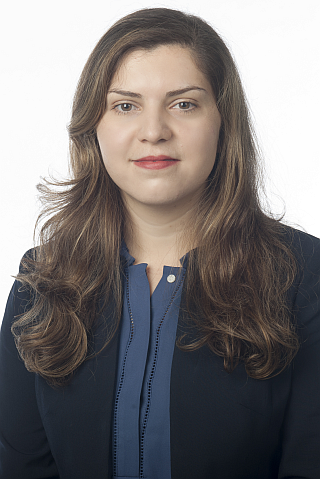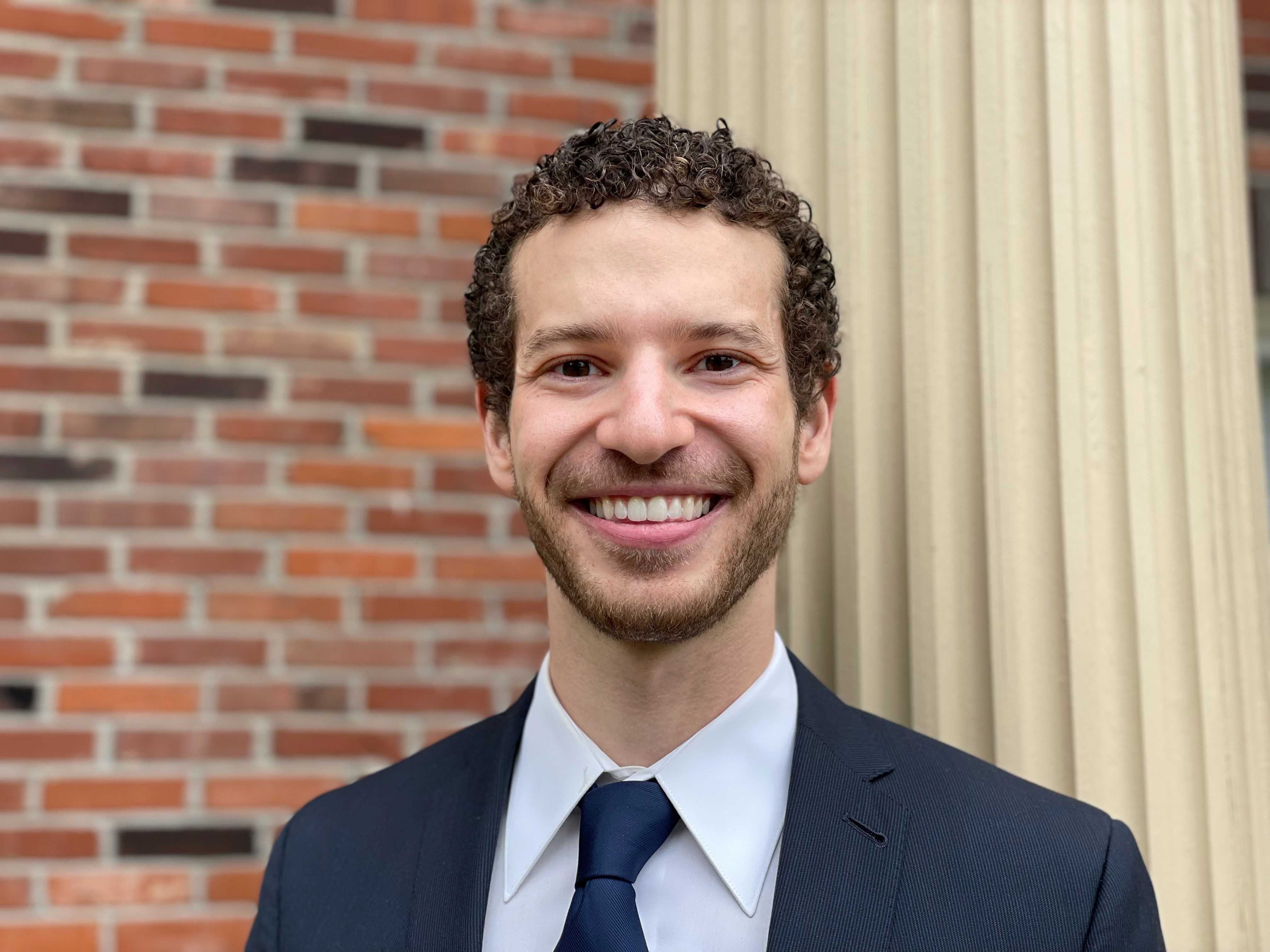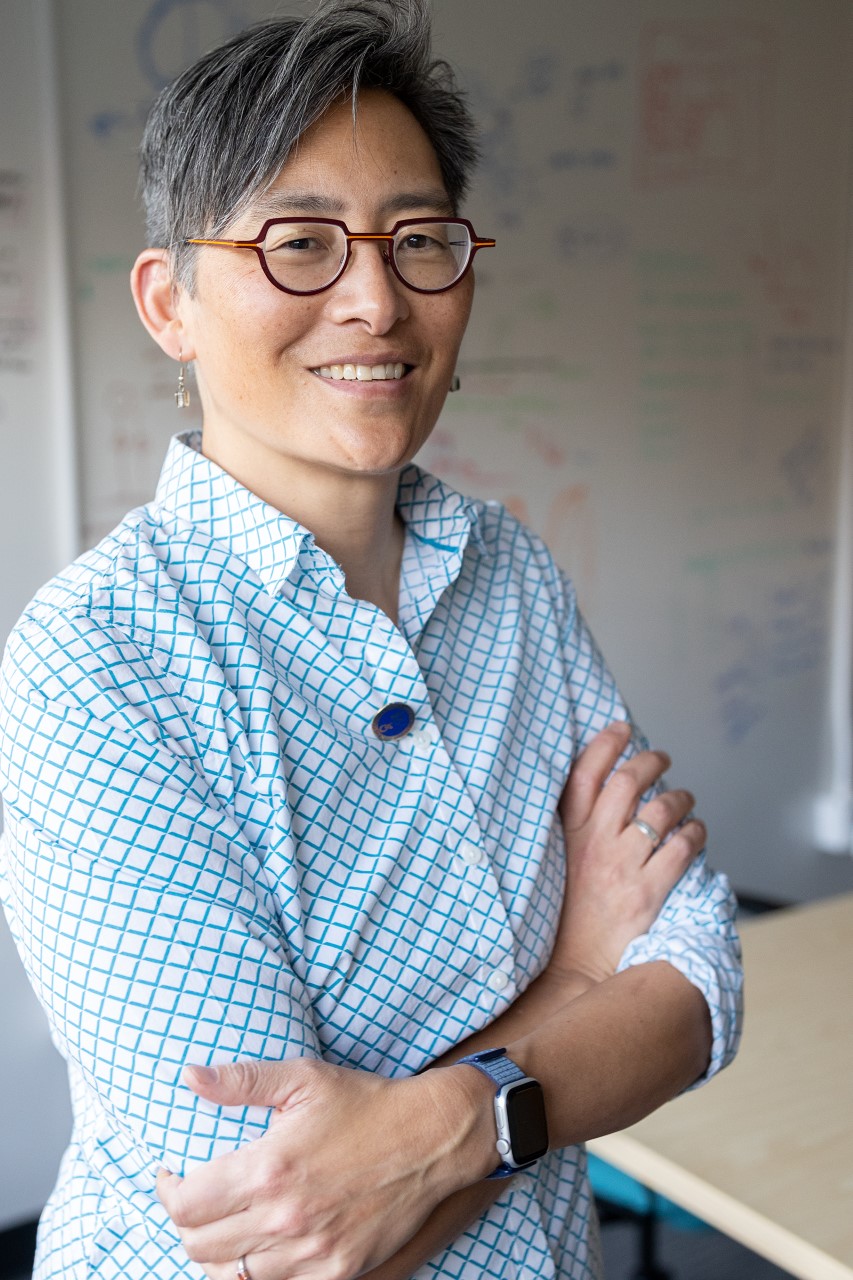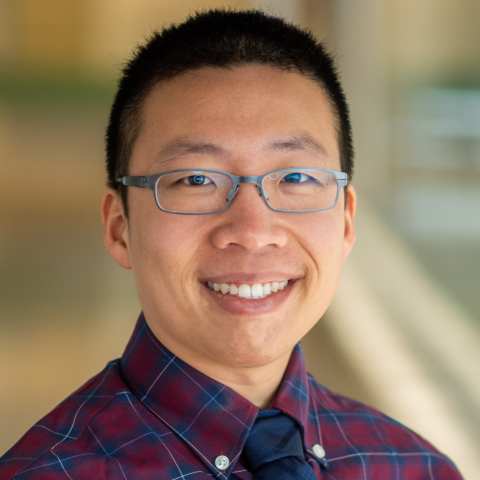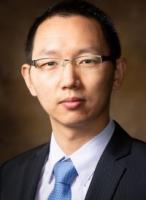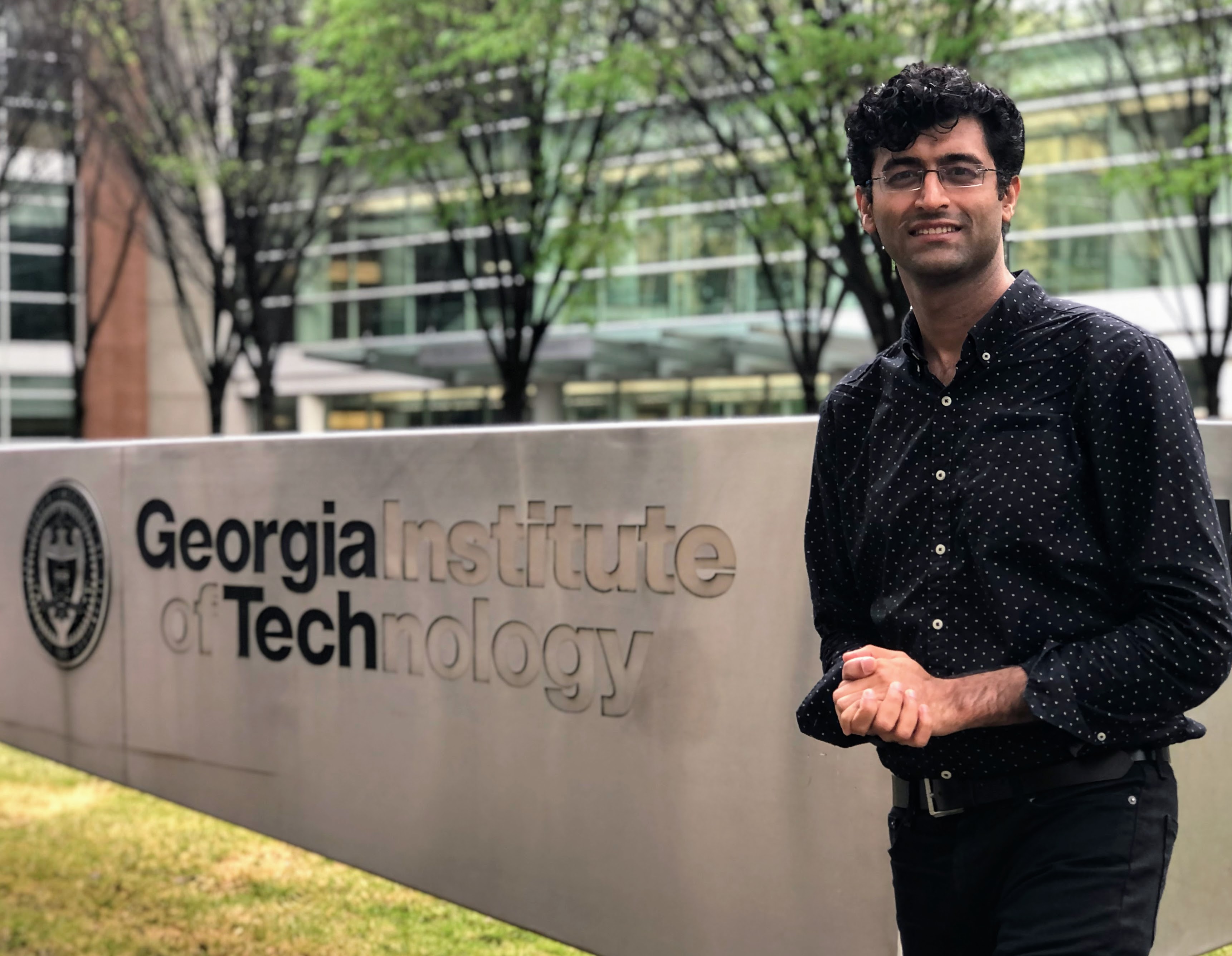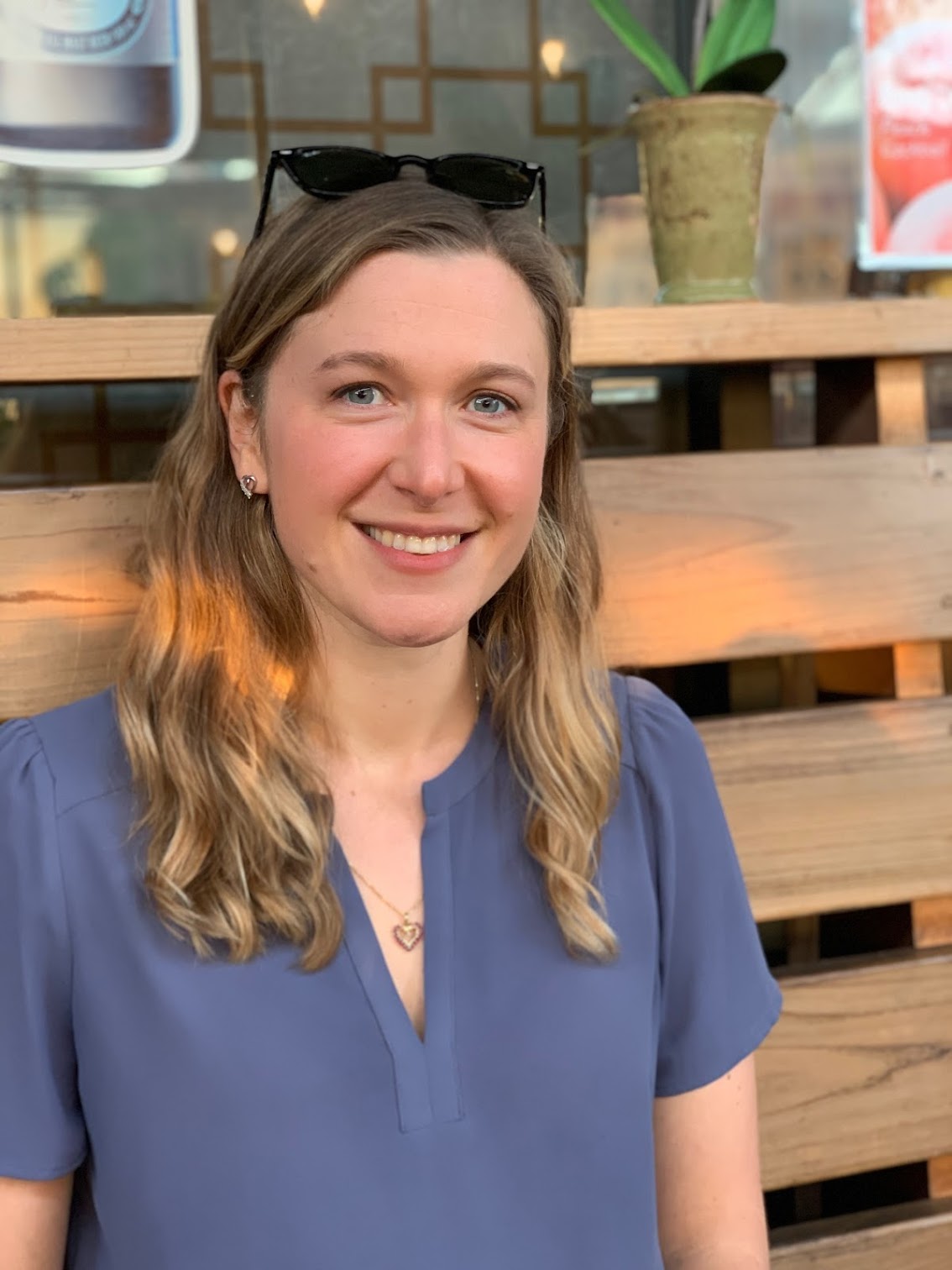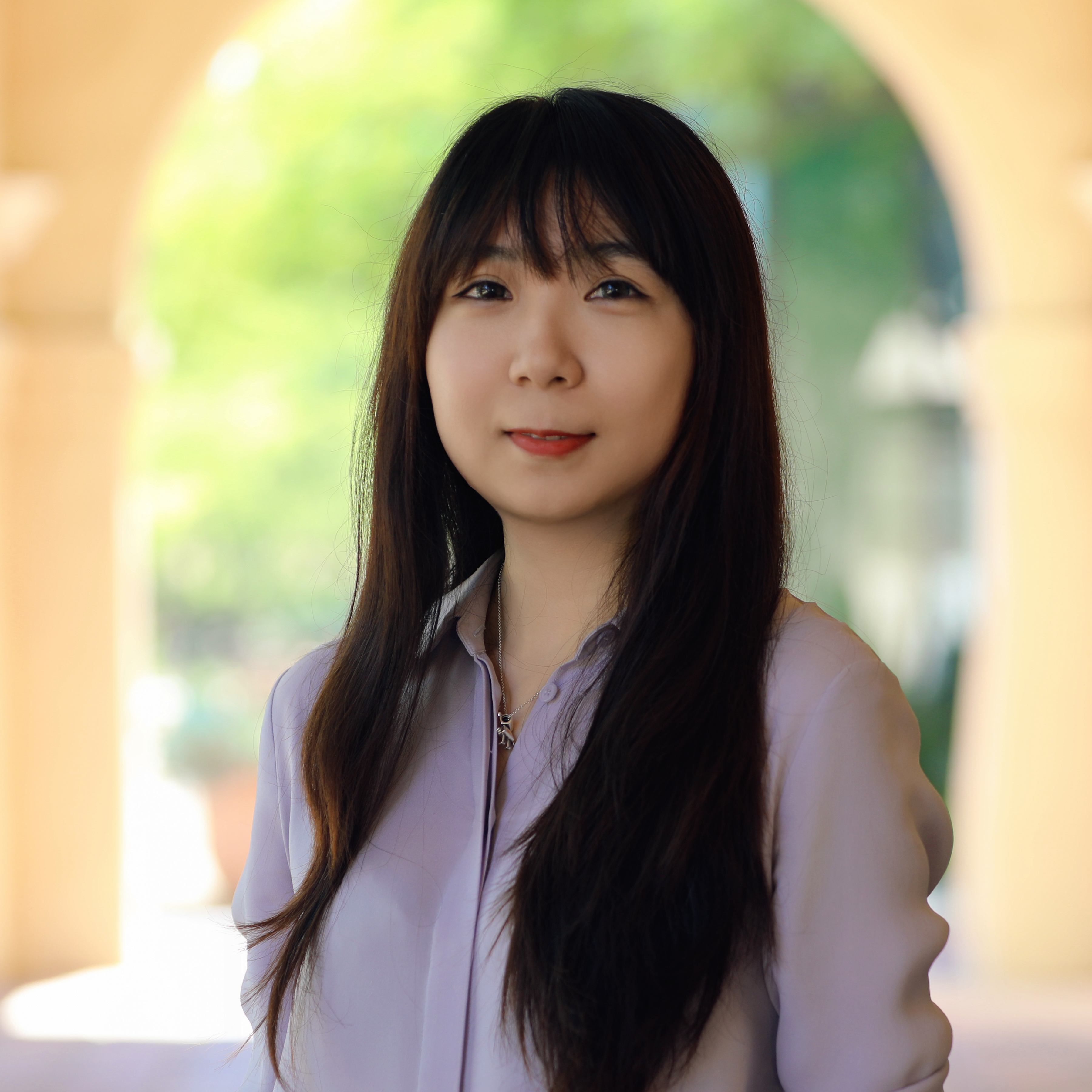I am an engineer and neuroscientist focused on how the brain and body cooperate to allow us to move. Fundamental abilities like standing and walking appear effortless until we–or someone we love–loses that ability. Movement is impacted in a wide range of diseases because it involves almost all parts of the brain and body, and their interactions with the environment. How we move is also highly individualized, changing across our lifetimes as a function of our experiences, and adapting in different situations. As such, assessing and treating movement impairments remains highly challenging. My approach is to dissect the complexities of how we move in health and disease by bridging what may seem to be disparate fields across engineering, neuroscience, and physiology. Our current application areas are Parkinson’s disease, stroke, aging and cerebral palsy, and we are interested in extending our work toward mild cognitive impairment and concussion.
My lab uses robotics, computation, and artificial intelligence to identify new physiological principles of sensing and moving that are enabling researchers to personalize rehabilitation and medicine. Primarily, we study people in the lab, studying brain and muscle activity in relationship to the body’s biomechanics in standing and walking. We use and develop robotic devices for assessing and assisting human movement, while interpreting brain and muscle activity to personalize the interactions. Our novel computer simulations of muscle, neurons, and joints establish a virtual platform for predicting how movements change in disease and improve with interventions. Recently, we have demonstrated the critical role of cognitive function motor impairment that may increase fall risk, suggesting that how we move and how we think may be closely related. Current projects include developing physiologically-inspired controllers to enable exoskeletons to enhance user balance, identifing individual differences that predict response to gait rehabilitation in stroke survivors, and developing more precise and physiologically-based methods to interpret clinical motor test outcomes.
Additional Research
Neuroscience Human-robot interaction
